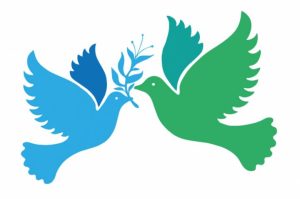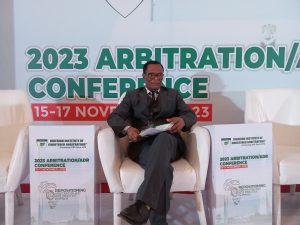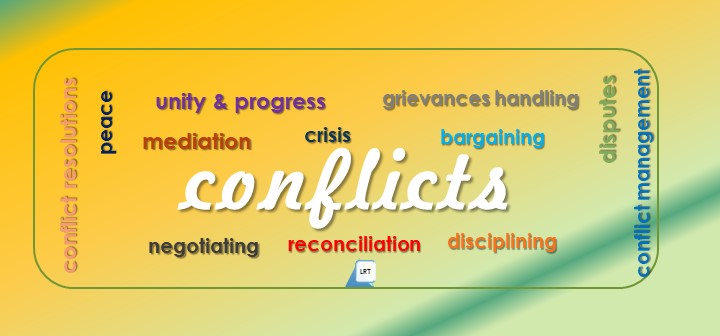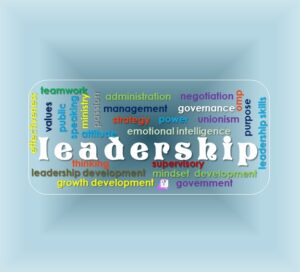
What is peace sounds like a puzzle or rhetoric but a serious heart-demanding answer.
My Snapshots on It – Intro
It has always been among humanity’s most sought out or highest values, for some, it is supreme. You have heard of such as: “Peace at any price.” “The piece of my heart”. Read me, and read me well, “The most disadvantageous peace is better than the most just war.” “It is more important than all justice put together.” “I prefer the most unjust peace to the “justest” war [the justest war] that was ever waged.” Guy, “Nothing is like peace.” “There never was a good war or a bad peace in the history of humanity.” “Let us live in peace.”

My father used to say when he was alive, “How many are we to be fighting?” That statement means peacelessness [lack of it] brings reductions: reduction is lives, resources, energy, goodwill, and good names.

Lack of it can be loosely defined as hellish, or a hell sort of. You don’t understand what Jesus said when He said, “Peace I leave with you, My peace I give to you; not as the world gives do I give to you… John 14:27a”, or even what God said through Isaiah, “There is no peace for the wicked,” says my God. Isaiah 57:21 NLT”. Each time I sense an atmosphere of peacelessness, I see wickedness immediately and vice-versa. The two are inseparable. You see it in our society every time.
Let me try to categorize it for maximum aid to readers.

It is an absence of dissension, violence, or war.
Sure, we agree little on what is it. Perhaps the most popular Western view is as an absence of dissension, violence, or war, – a meaning found in the New Testament of The Bible and possibly an original meaning of the Greek word for it, Irene.
Pacifists have adopted this interpretation [an absence of dissension, violence, or war] because for them all violence is bad. Perhaps it is the same for you. This meaning [an absence of dissension, violence, or war] is widely accepted among irenologists and students of international relations. It is the primary dictionary definition.
Peace as concord, or harmony and tranquility
Peace, however, is also seen as concord, or harmony and tranquility. It is viewed as peace of mind or serenity, especially in the Eastern bloc.

Peace as a state of law or civil government …
Peace is defined as a state of law or civil government, a state of justice or goodness, and a balance or equilibrium of Powers.

Such meanings of peace function at different levels.
Peace may be opposed to or an opposite of antagonistic conflict, violence, or war. It may refer to an internal state (of people’s minds or nations) or external relations. Or it may be narrow in conception, referring to specific relations in a particular situation (like a peace treaty, ceasefire, armistice), or overarching, covering a whole society (as in a world peace).
Peace may be a dichotomy (it exists or it does not), continuous, passive or active, empirical or abstract, descriptive or normative, or positive or negative.
The problem is, of course, that it derives its meaning and qualities within a theory or framework. Christians, Hindus, or Buddhists will see it differently, as will pacifists or internationalists. Socialists, fascists, and libertarians have different perspectives, as do power or idealistic theorists of international relations. In this diversity of meanings, it is no different from such concepts as justice, freedom, equality, power, conflict, class, and, indeed, some others. They all can’t be defined simply at a level [please follow me keenly].
For crying out loud, this writer or content creator understands the different perspectives on peace according to various belief systems and ideologies. He also understands that different definitions of it vary across different cultures and societies. But this is when there is decorum or sanity. In the presence of peacelessness, disorder, or war, even the mad person knows that there is no peace, despite varying definitions of it across divides and diversities. The implications of this multifaceted nature of peace for international relations and conflict resolution are indeed multifaceted and hydra-headed.

All concepts are defined within a perspective of theory or cognitive framework. Through a perspective peace is endowed with meaning by being linked to other concepts within a particular perception of reality; and by its relationship to ideas or assumptions about violence, history, divine grace, and justice. It is thereby locked into a descriptive or explanatory view of our reality and each other.
Peace can be seen as a phase in a conflict circle, an equilibrium within a social field but can consider alternative conceptualizations.

Dr Mike Ihezuo, MCArb, FICRPC, MNIM, MNCS, MCPN, is an authority here, a conflict resolution maestro, a Fellow of the Institute for Crisis Resolution, Peacebuilding and Conciliation, a Chartered Member of the Nigeria Institute of Chartered Arbitrators. He is a Management and Technology Consultant, a Chartered Manager of the Nigeria Institute of Management, and a Member of the Nigeria Computer Society & Computer Professional Registration Council of Nigeria [CPN]. He can help you in all your Alternative Dispute Resolution matters like Arbitration, Mediation, Conciliation, Peacebuilding, Peacemaking, Negotiating, and Grievances Handling in Workplaces and Organizations. Meet Dr Mike Ihezuo’s ADR Team, on FB, or Contact Us or email us.



